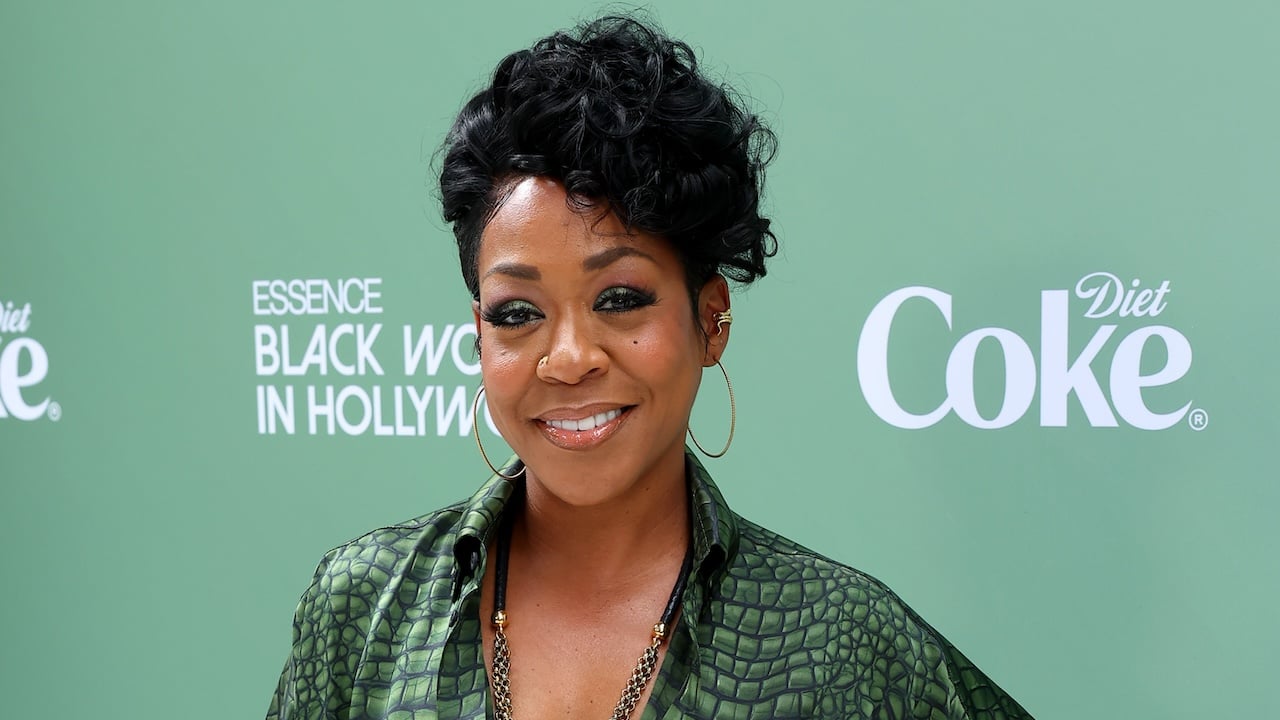
U.S. companies are pulling the plug on Gen Z workers, often within weeks of hire. In a new survey by Intelligent.com, almost 20% of companies say they’ve reconsidered hiring Gen Z workers, claiming that they “are unprofessional“ and don’t know how to communicate.
The study isn’t exactly complimentary to younger workers. According to Intelligent, 75% of U.S. businesses say that many recent college grad hires were “unsatisfactory,” while 60% have pink-slipped a recent graduate hire.
The study reflects a reality that workplace experts are currently seeing in the current workforce. “With hiring trends shifting due to economic uncertainties, companies are being more selective,” says Gonzalo Guillen, CEO of HR Exchange, a boutique staffing and recruiting agency in Miami, Florida. “It’s not necessarily that Gen Z lacks the ability, but companies are now able to hire more experienced talent who require less training and can contribute immediately.
“There’s a perception that Gen Z, with its strong focus on work-life balance and different work expectations, may not align with the high-output culture many companies still operate under,” he adds.
Five key takeaways
What’s the problem between the C-suite and Gen Z in the workforce, and is it resolvable?
These five factors highlight the partnership gap between younger workers and company management:
1. Colleges have done a disservice to Gen Z
“Many recent college graduates may struggle with entering the workforce for the first time,” says Huy Nguyen, Intelligent’s chief education and career development advisor. “It can be a huge contrast from what they are used to throughout their education journey.”
Nguyen also claims that younger career professionals are “often unprepared for a less structured environment, workplace cultural dynamics and the expectation of autonomous work. Although they may have some theoretical knowledge from college,“ he adds, “they often lack the practical, real-world experience and soft skills required to succeed in the work environment.”
2. Companies share the blame
Company leaders and human resources don’t come out of the Intelligent study unscathed.
“It can be easy for managers to buy into typical stereotypes of Gen Z and dismiss them entirely,” Nguyen says. “However, companies have an equal responsibility to prepare recent graduates for their particular workplace and give them the best chance to succeed. By understanding the challenges of Gen Z workers, companies can take a more proactive approach by implementing formal employee onboarding programs that clearly outline company culture and expectations.”
For example, Nguyen suggests that companies match recent graduates with workplace mentors who can show them the ropes. “[That] can also pay huge dividends as that can provide Gen Z workers with the guidance, feedback and support to succeed,” he says.
3. Companies need to change with the times
Corporate decision-makers must break old habits and tear down barriers to connect with younger workers.
“It’s not their fault Gen Z behaves in the workplace differently than previous generations,” says Jim Frawley, founder and CEO at Bellwether, an executive development firm in New York City. According to Frawley, Gen Z workers lack the same in-person interaction, mentorship and foundation that their parents and grandparents had following college and university.
“It is up to managers and workplace leaders to accommodate and invest in… learn[ing] the needs of this generation,” he says. “Many managers are resorting to 1990s-type solutions that simply won’t work for our youngest generation of workers.“
4. Young workers need meaning
In order to get Gen Z workers to invest in the workplace, they need “meaningful tasks that allow them to be proud of something they did,” Frawley notes.
“Gen Z will need meaningful projects in order to feel [like they’re] a part of the organization as a whole, like they’re making an impact or a difference,” he adds. “Assign these types of workers meaningful projects, such as [presenting] to the C-suite on what Gen Z expects in the workplace or allowing these workers to plan a dinner for top prospects.“
5. Both parties must accommodate each other
When two generations don’t agree in the workplace, they need to find common ground.
“Younger workers must understand that entering the workforce requires changing and learning a new way,” says Patti B. Johnson, founder of PeopleResults, a change management firm based in Southlake, Texas, and the author of Make Waves. “There will be new expectations and times when they must do work they don’t love. They will have to earn the respect of others who may be their parents’ age, but they can do it with a continual commitment to adapt to a completely new environment and circumstances.”
But businesses also need to reciprocate. “Companies with the highest success rate hiring Gen Z workers take extra steps to set expectations and have structure and a plan for integrating them into the organization,” she adds. “[That] should include mentoring programs, new hire orientation and integration programs designed for Gen Z employees, and frequent feedback on work to avoid a real performance problem—as by then, it’s too late.”
The future of Gen Z workers
Ultimately, younger workers can stand out by taking more initiative.
“Showing commitment, arriving early, staying late and being proactive can demonstrate a strong work ethic,” Guillen says. “Gen Z needs to break the perception that they are ‘time watchers’ by being willing to go above and beyond. While work-life balance is important, balancing that with a drive for growth can help them succeed.”
Photo by Raushan_films/Shutterstock




